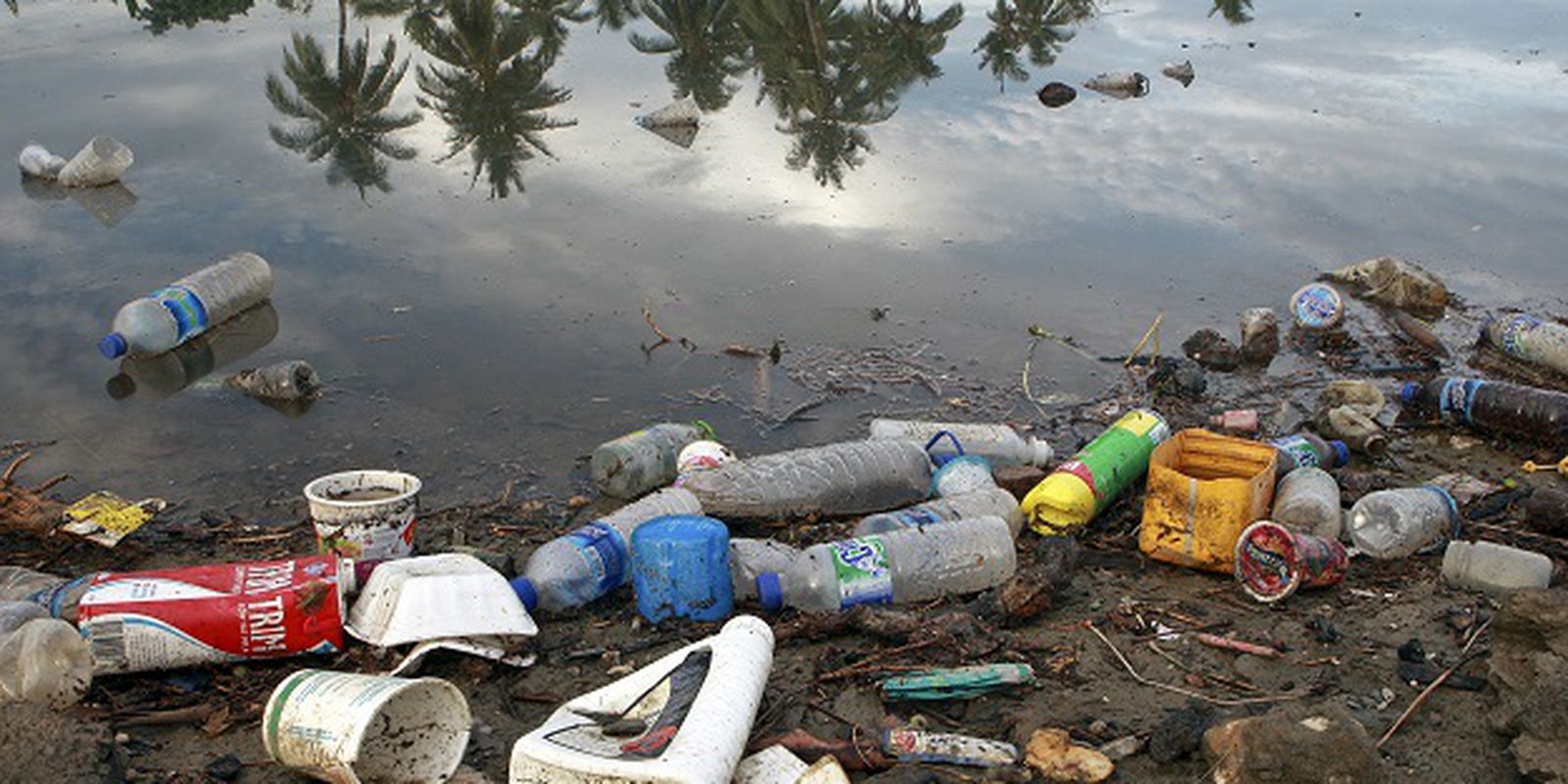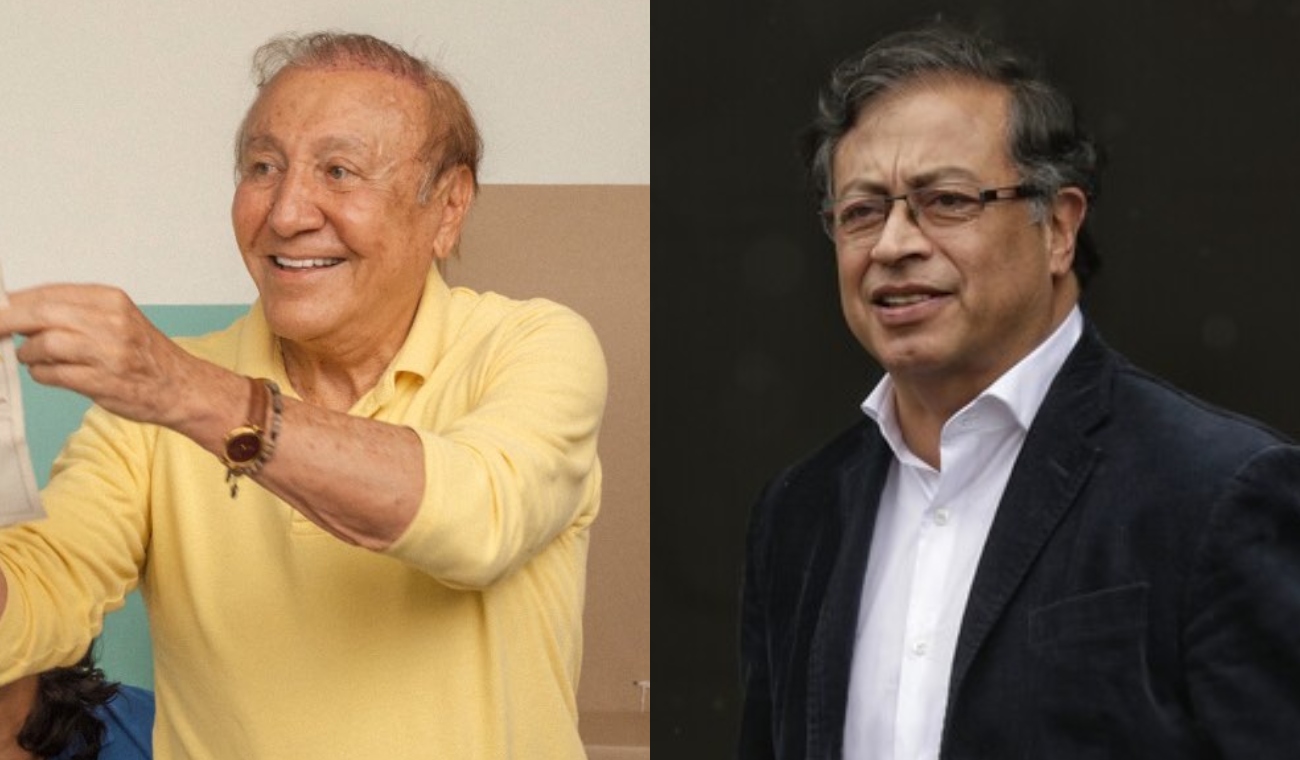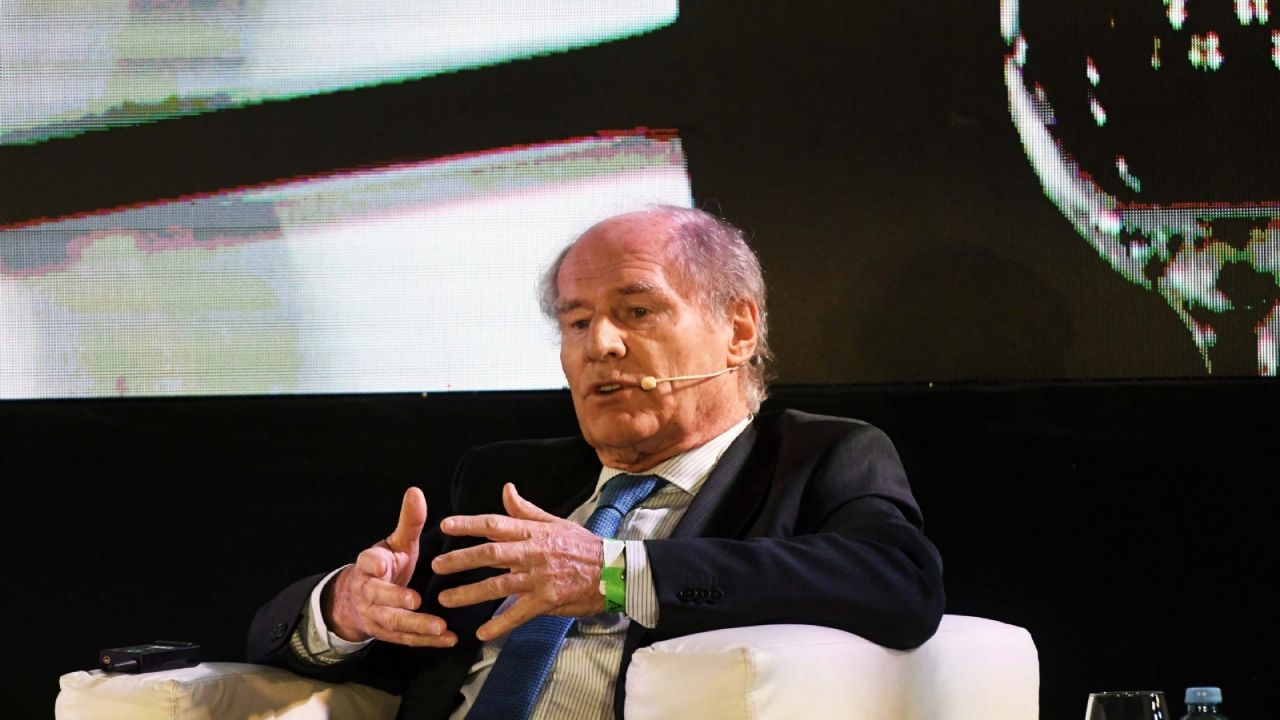The community of Rocinha, in the south of Rio, considered one of the largest in Latin America, opens today (8), at 10 am, the selective collection center Rocinha Recicla, which will use innovative international methodology to ensure environmental cleanup in the region. The main goal of the new center is the collection of floating plastic, preventing the material from ending up in the São Conrado Sea, polluting the ocean. The center will work in the Rocinha Sports Complex.
The president of the Association of Recyclers of the State of Rio (Arerj), Edson Freitas, celebrated the objective of the new collection center, which is to generate work and income “for thousands of people”. According to Freitas, with the new coronavirus pandemic and unemployment, many people began to collect this type of material. From 2017 to 2019, there were more than 300,000 people collecting materials on the street in Rio. “With the pandemic, it exceeded 650 thousand. People saw in the collection an alternative to generate income. For many, the collection provided the only food of the day. Therefore, the importance of recycling for thousands of people”.
The president of Arerj does not treat recyclables as garbage. “I deal with raw material”. And he goes further: “I treat it like it’s a dollar. And I don’t throw the dollar away because it has value.” He explained that in the same way that a person looks for an exchange office to exchange for reais, “you can pick up any recyclable material and, at the recycling exchange, which is this agency selective collection, exchange for the same reais that the dollar exchanges. But there is a difference in this initial attitude. It will generate more work, more income and will preserve the environment. The dollar, which is our raw material, is worth more than the US dollar, because it takes care of the planet and thousands of people. Because for every ton of recycled plastic, ten jobs are created.”
Arerj takes care of the recycling production chain. Edson Freitas began his story as a collector not because of the environmental issue, but because of necessity. “No one studies to be a collector. I managed to remedy my need by picking up material on the street. The same happens today with 650 thousand people”. Faced with the high unemployment in the country, Freitas highlighted the need to invest more in the activity. He recalled that also today (8th), the Legislative Assembly of Rio (Alerj) votes on Law 5,923, which aims to recognize the activity of waste pickers in the state.
Bonus
For every kilo of material collected, the collector will receive a bonus to promote sustainability, and this bonus will be added to their normal earnings. The Marketing manager of the Canadian company Plastic Bank, which brought the methodology to Brazil, Nancy Geringer, informed that the company is a pioneer in the use of the technology blockchain to trace the entire recycling chain. Exchanges are registered through a platform protected by blockchain, which allows the collection to be traceable, guarantees the revenue and verifies the reports. “When the collector delivers the material at the collection point, until the moment the material goes to the processor, to be reinserted in the global production chain, it is tracked by the technology blockchainsaid Nancy.
She explained that the company subsidizes collectors above market value, so that each kilo of material obtained encourages the collection of plastic. “For them to also see value in this residue”. The bonus has a value of R$ 0.35 per kilo of material, which represents at least 40% of the amount raised with the collection. “It’s at least a 40% increase in income.” The initiative is sponsored by SC Johnson. In the initial stage of Rocinha Recicla, the goal is to remove around 30 tons of plastic per month from the area, “because of the potential for waste that is irregularly discarded in the community”.
Plastic Bank Brasil director Helena Pavese highlighted the opportunity to work in Rocinha, considering the symbolism associated with plastic pollution in the region. “Images of the plastic wave arriving at Praia de São Conrado, after storms in Rio de Janeiro, are common and, year after year, reinforce the issue of incorrect disposal of waste in the region. This makes it essential for us to work there.” Helena believes that recycling in the community will generate a positive environmental impact and increase collectors’ income.
Swing
To return to the productive sector, the material collected is sent to partner processors, in order to return as social plastic, for reuse in products and packaging.
Plastick Bank arrived in Brazil at the end of 2019, in 2020 it promoted the alignment of the ecosystem structure and now opens the sixth material collection center in Rio. “The main ecosystem is in Rio”. The company already has collection points in Bertioga and São Vicente, in São Paulo, and in Vila Velha, in Espírito Santo. Nancy Geringer said Plastic Bank assumes that plastic needs to be blocked before it reaches the ocean. For this reason, the company operates in coastal areas, up to 50 kilometers of sea, ditches, basins, to be able to remove the plastic before it reaches the effluents and ends up in the ocean. In the case of Rocinha, she reaffirmed that the objective is strategic – to prevent waste from going into the waters of São Conrado.
With this technology, the company has already collected 137 million plastic bottles in Brazil, with more than 4 thousand collectors registered in communities. The company was founded in 2013 in Canada and operates, in addition to Brazil, in Indonesia, the Philippines, Egypt, Thailand and Cameroon. Worldwide, Plastic Bank has prevented more than 2.5 billion pet bottles, or the equivalent of 50 million kilograms of plastic, from reaching the oceans.









